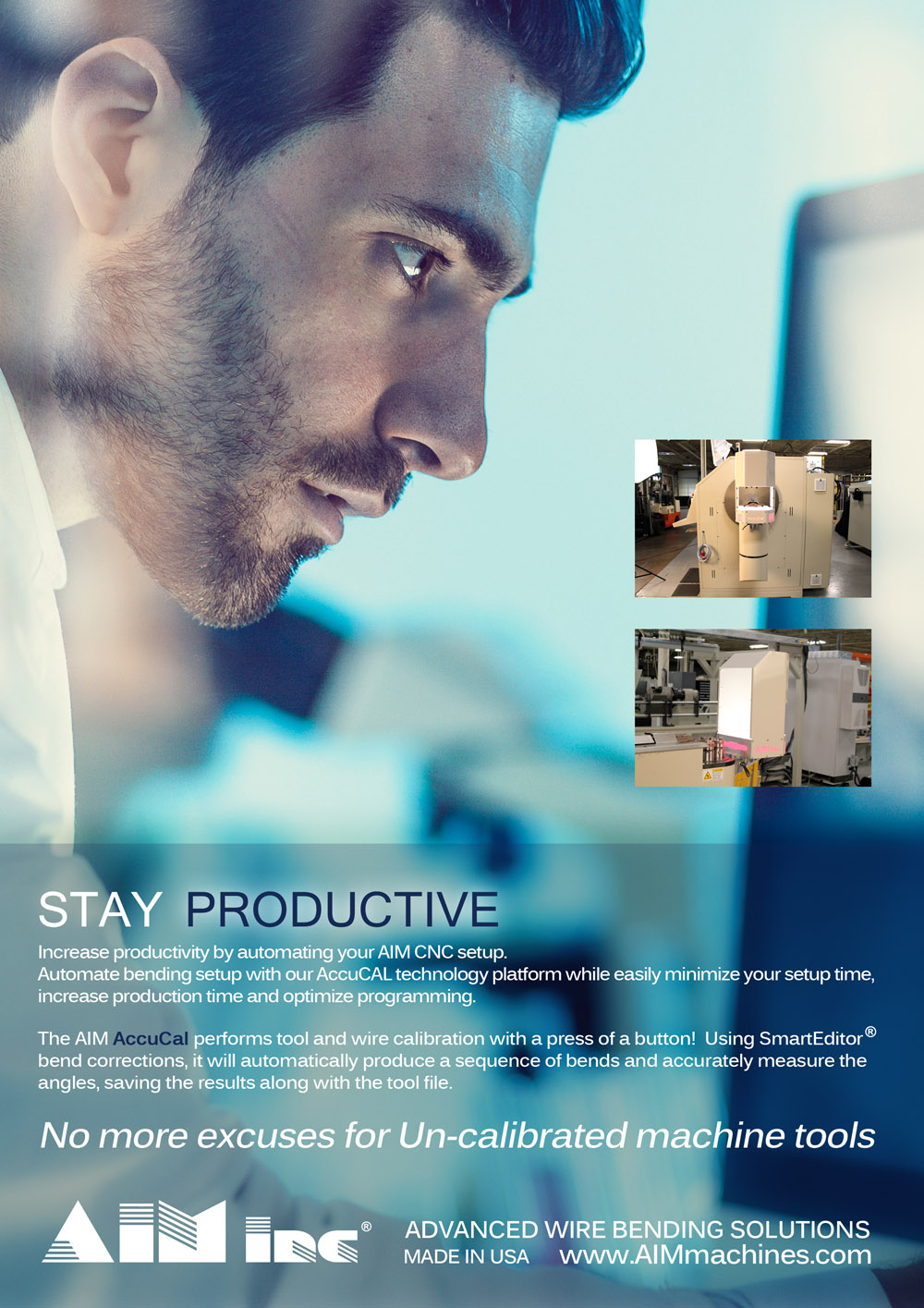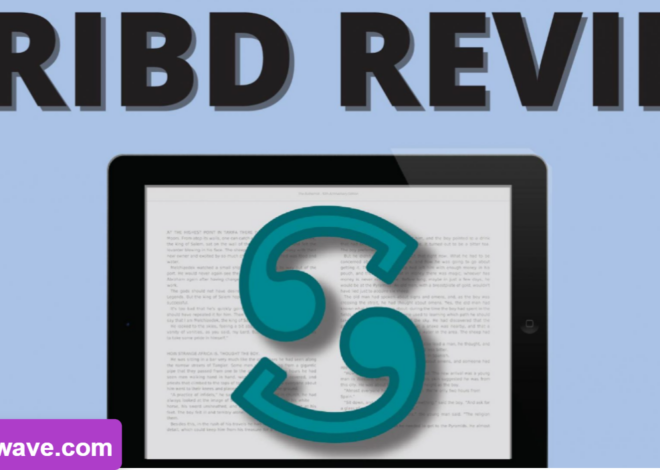
Calibration Technologies : Boost Your Productivity with Advanced Solutions
Calibration Technologies provides advanced calibration solutions for a wide range of industries and applications. We offer accurate, reliable, and efficient calibration services to ensure the precision and accuracy of your measurement instruments.
Our team of experienced technicians and state-of-the-art equipment deliver exceptional results, meeting the highest industry standards. With Calibration Technologies, you can optimize the performance of your equipment, minimize downtime, and enhance productivity. Calibration Technologies is a leading provider of calibration solutions, catering to diverse industries and applications.
Our comprehensive range of services ensures the accuracy and reliability of your measurement instruments. Equipped with cutting-edge technology and staffed by skilled technicians, we deliver exceptional results that adhere to stringent industry standards. By choosing Calibration Technologies, you can enhance the performance of your equipment, reduce downtime, and optimize productivity. With a strong commitment to accuracy and efficiency, we strive to meet the unique calibration needs of our clients. Whether you are in manufacturing, healthcare, laboratories, or any other industry, we have the expertise to calibrate a wide array of instruments to the highest precision.

Credit: www.beamex.com
1. Importance Of Calibration In Productivity Enhancement
Calibration plays a crucial role in enhancing productivity by ensuring accurate measurements. It impacts quality control and efficiency, as calibrated equipment provides trustworthy data. Without calibration, there is a risk of inaccurate readings, leading to errors in manufacturing processes. This can result in faulty products, wasted materials, and increased costs.
Calibration also helps in maintaining consistency and reliability, allowing for better decision-making. Calibrated equipment improves overall operational efficiency by reducing downtime, preventing breakdowns, and optimizing performance. Regular calibration ensures that equipment functions at its best, maximizing productivity and minimizing errors.
Industries that rely on precise measurements, such as manufacturing, food processing, and pharmaceuticals, greatly benefit from integrating calibration technologies into their workflows. By prioritizing calibration, businesses can enhance productivity and achieve higher levels of accuracy and quality control.
2. Advanced Calibration Technologies
Advanced calibration technologies offer a range of benefits in various industries. These solutions help in ensuring accurate measurements and improving overall equipment performance. With advanced calibration technologies, businesses can increase productivity, reduce downtime, and enhance product quality. These technologies include state-of-the-art calibration tools and software that provide precise and efficient calibration processes.
By utilizing advanced calibration solutions, companies can streamline their operations and meet industry standards more effectively. Some examples of advanced calibration tools and software include automated temperature and pressure calibrators, data management software, and advanced metrology equipment. These tools and software simplify calibration processes, minimize human error, and provide real-time data analysis, leading to more reliable measurements and improved performance.
Overall, advanced calibration technologies play a crucial role in enhancing accuracy, efficiency, and reliability in various industries.
3. Implementation Of Calibration Technologies
Calibration technologies play a crucial role in ensuring accuracy and reliability in various industries. The implementation of these technologies requires careful planning and strategy to maximize their benefits. To begin the implementation process, it is essential to consider the specific needs and requirements of the organization.
This involves conducting a comprehensive assessment of the existing calibration practices and identifying areas for improvement. Once the planning phase is complete, the next step is to overcome the challenges that may arise during implementation. This could include resistance from employees, lack of resources, or technical difficulties.
By addressing these challenges head-on and providing adequate training and support to employees, successful implementation of calibration technologies can be achieved. It is important to constantly evaluate and monitor the effectiveness of the implemented technologies to ensure their continued success in the organization.
Conclusion
With the ever-evolving technological landscape, the importance of calibration technologies cannot be overstated. Ensuring accuracy and precision in various industries, calibration technologies play a critical role in maintaining quality and meeting regulatory standards. From manufacturing to healthcare, these technologies allow businesses to optimize their operations, enhance productivity, and provide reliable products and services to customers.
By regularly calibrating instruments and equipment, companies can minimize errors, reduce downtime, and prevent costly rework or recalls. Additionally, calibration technologies help organizations stay compliant with industry regulations, ensuring the safety and reliability of their processes and products. As businesses strive to stay competitive in a fast-paced world, the adoption of calibration technologies is essential for success.
By investing in these solutions, companies can enhance efficiency, reduce costs, and gain a competitive edge in their respective industries.






